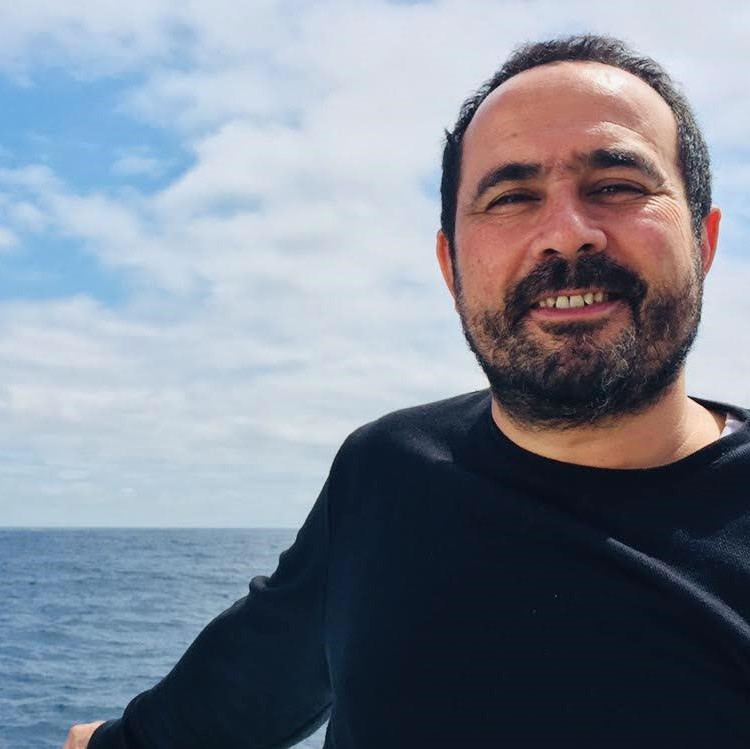Moroccan journalist Soulaimane Raissouni sentenced to five years in prison
Timeline
July 29, 2024: Raissouni is released following a royal pardon.
April 6, 2022: The UN Working Group on Arbitrary Detention (WGAD) adopts Opinion No. 31/2022 recognising the arbitrary nature of Raissouni’s detention and calling for his immediate release.
July 9, 2021: Soulaimane Raissouni is sentenced to five years in prison by the Casablanca Court of Appeal.
July 6, 2021: MENA Rights Group and the Moroccan Association for Human Rights (AMDH) file a request for Opinion with the UN Working Group on Arbitrary Detention.
April 8, 2021: Raissouni begins a hunger strike.
March 2021: Akhbar Al Yaoum stops publishing.
February 9, 2021: Opening of the trial before the criminal chamber of first instance of the Court of Appeal of Casablanca.
May 25, 2020: Raissouni is charged with “sexual abuse with violence and sequestration.”
May 22, 2020: Raissouni is arrested in front of his home in the presence of a crew from Chouf TV.
May 20, 2020: Raissouni publishes an editorial criticising the security measures taken under the state of health emergency related to the COVID-19 pandemic.
May 14, 2020: An Internet user claims on Facebook that he was sexually assaulted in September 2018.






